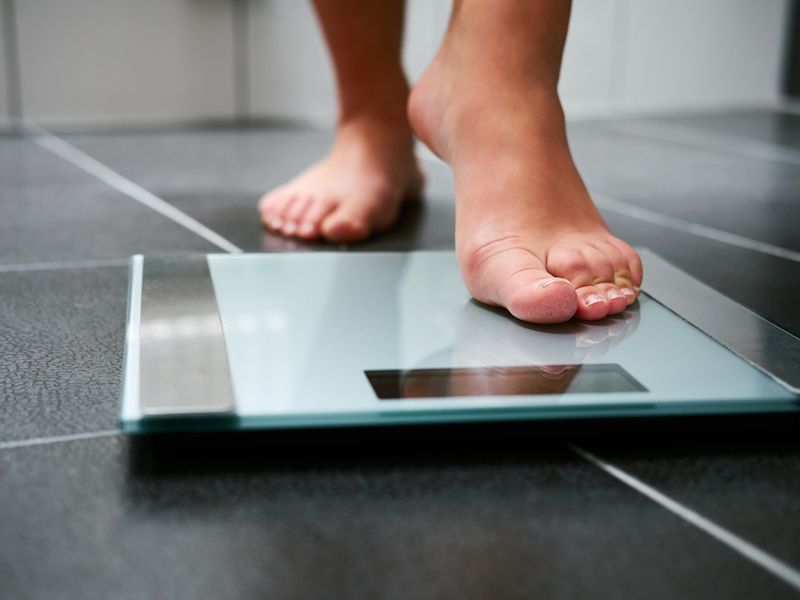How to Advocate for Yourself During a Hearing Test
When you go in for a hearing test, being open about what you notice in


When you go in for a hearing test, being open about what you notice in

Hearing loss can affect your everyday life. It can affect various aspects

Hearing aid technology is moving faster than ever before. At Hear All
Contact Us
At Hear All Hearing Center, we make it easy to get the care you deserve. With offices in both Dayton and Mason, we’re right where you need us—whether you’re just beginning your hearing journey or looking to upgrade your current devices.